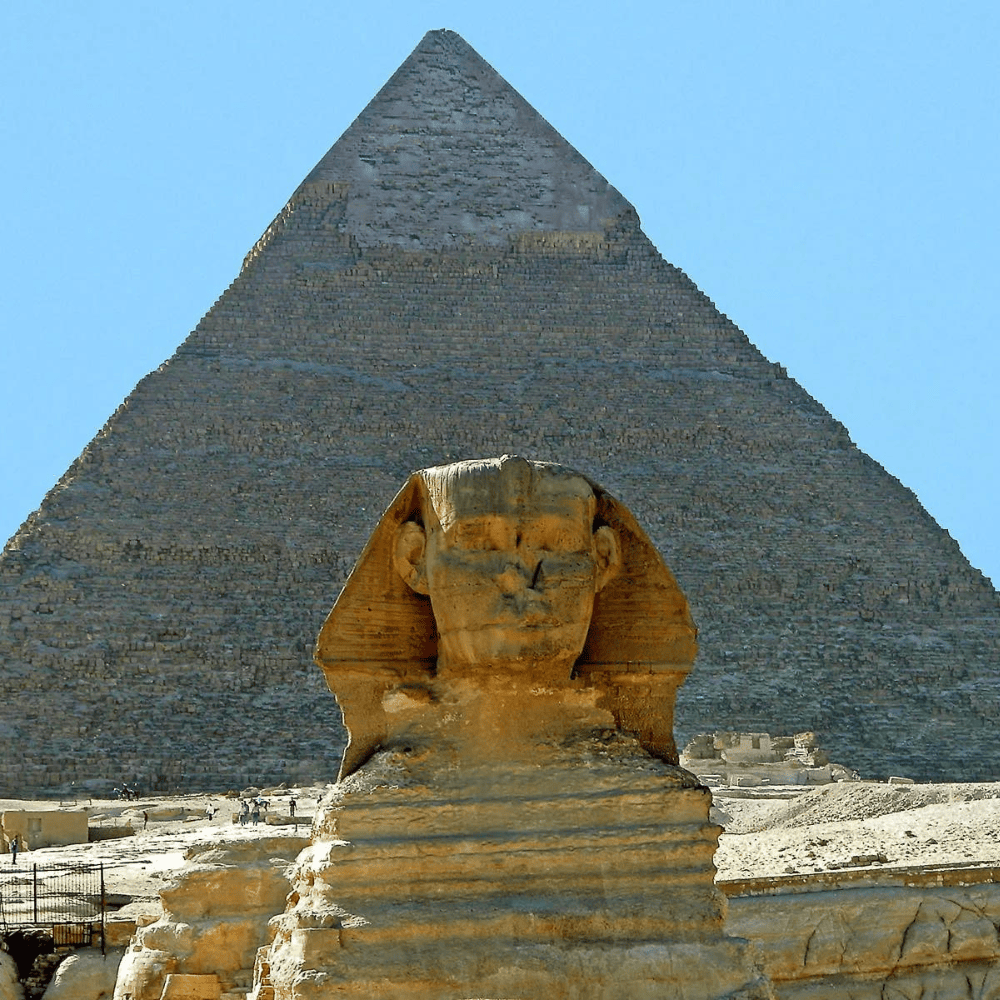
The pyramids at Giza have long been regarded as one of the enduring riddles of the Earth. These imposing constructions, of which the Great Pyramid alone contains over 2.3 million projecting sandstone and granite stones, have astounded researchers and antiquarians for many years, provoking inquisition into the practices utilized by the ancient Egyptians when shifting these monumental blocks. A team of historians and scientists embarked on a quest to unlock the secrets behind the pyramids’ construction. Their ingenious solution revolved around the idea that the ancient Egyptians harnessed the natural resources available to them – particularly, a tributary of the Nile.
A River’s Clues and a Papyrus Discovery

To validate their theory, researchers meticulously examined fossilized soil samples from the Giza floodplain. These samples were analyzed for traces of pollen and vegetation that would have been indicative of a waterway. The presence of these markers would confirm the existence of an ancient water route. The discovery of the Khufu Branch, a dried-up waterway that carried the colossal stone slabs to their destined location, provided the missing link. Interestingly, the inspiration for this discovery came from an unexpected source – a fragment of parchment found in the Red Sea. The fragment recounted the tale of Merer, an official tasked with transporting limestone via water to the Giza construction site. This historical account directly corroborated the research findings, shedding light on the ingenious use of water routes for moving the pyramid stones.
Uncovering the Past and Illuminating the Future
The journey to uncover this ancient feat involved painstaking efforts. Archaeologists dug as deep as 30 feet, unearthing millennia-old history from the bore samples. As a result of their meticulous work, 61 species of plants were identified. The study author emphasized that understanding the environment can illuminate the enigma of how the massive stones were hoisted into place, shedding new light on the monumental achievement of the ancient Egyptians.